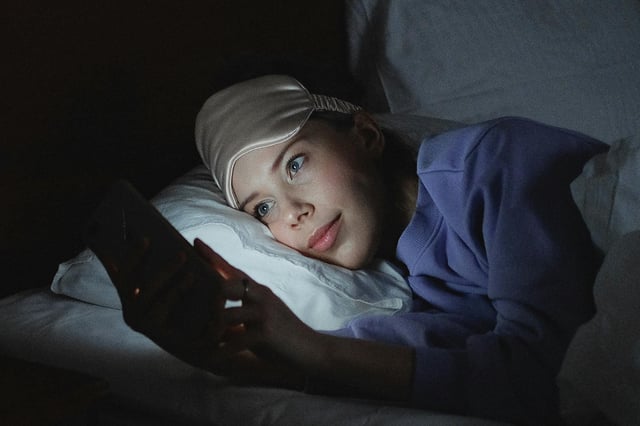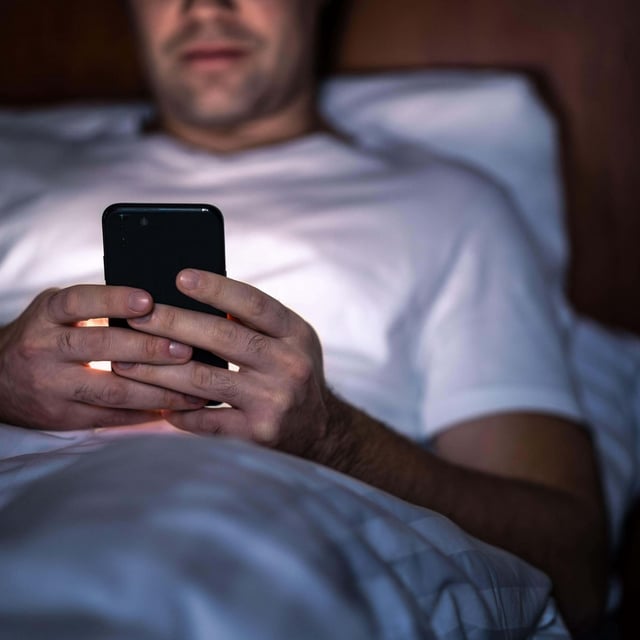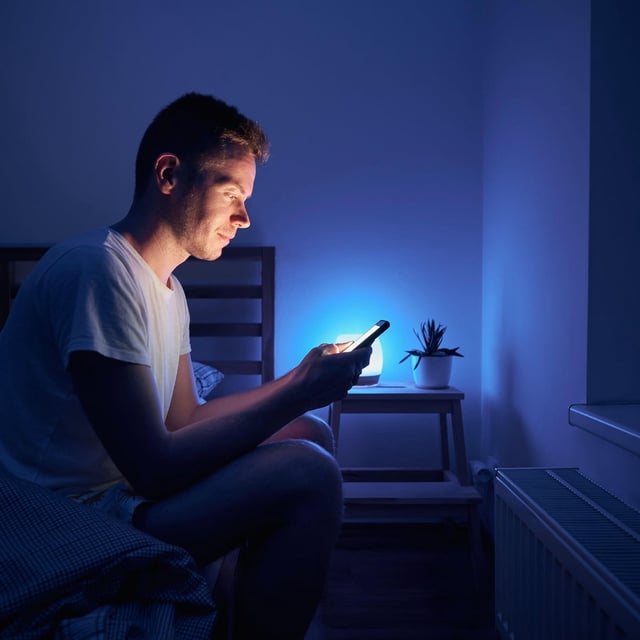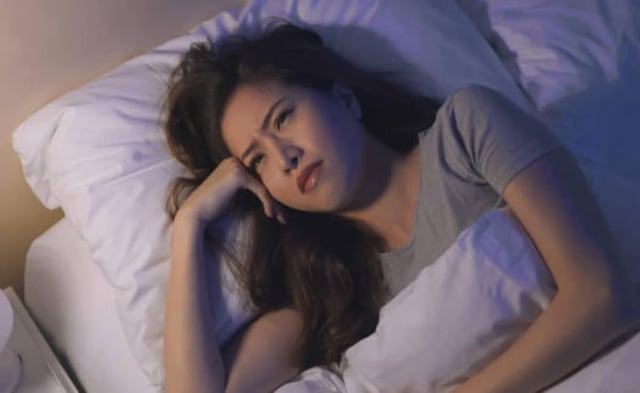Overview
- Adults using screens before bed lose an average of 48 minutes of sleep per week and are 33% more likely to report poor sleep quality.
- Night owls experience greater sleep disruptions than morning larks, with later bedtimes driven by circadian misalignment and social demands.
- Screen light disrupts melatonin production, delaying sleep onset, while content consumption, such as social media, may also contribute to disturbances.
- The study, involving over 122,000 participants, highlights that screen-related sleep issues extend beyond children and adolescents to adults.
- Researchers call for further investigation into the mechanisms of screen-induced sleep disruptions, particularly among night owls.



